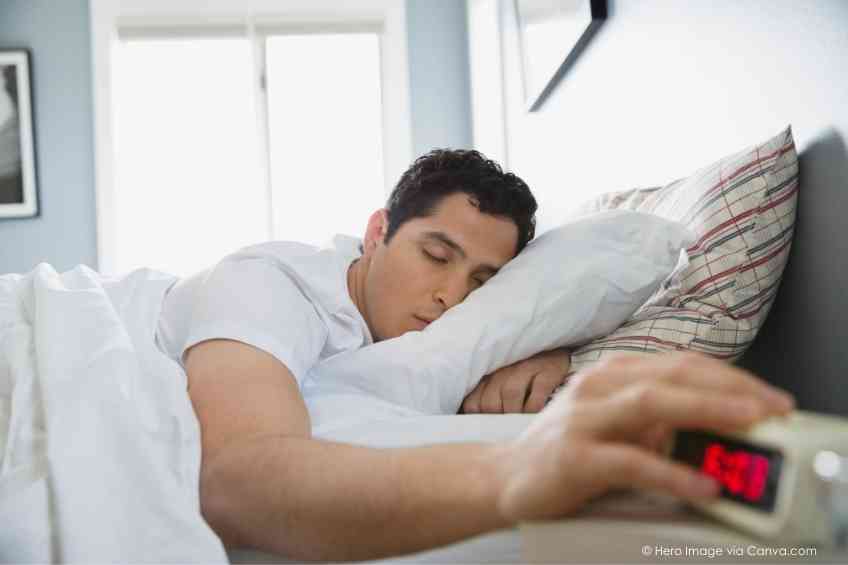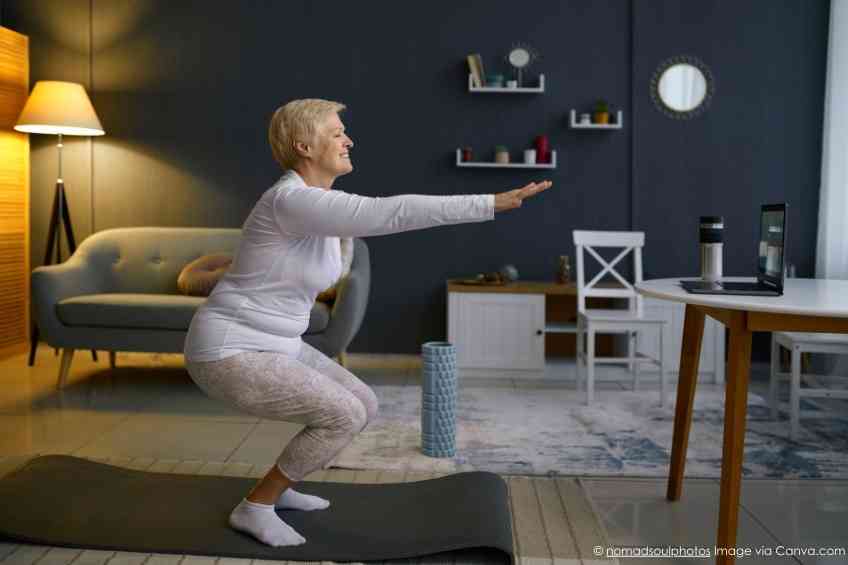By John Salak –
Maybe, just maybe, you don’t lose if you snooze. Perhaps hitting that snooze button has some benefits.
At first glance, the idea may seem counterintuitive. After all, people have been told for decades that “you snooze, you lose.” There have even been more specific reports that hitting the snooze button when an alarm goes off is harmful. Within the last year, for example, CNet.com reported that trying to grab a few extra minutes of sleep can compromise a person’s attention span, hinder cognitive ability and ruin the mood. It can even lead to oversleeping by disrupting the body’s internal clock or circadian rhythm.
Researchers out of Sweden are now calling bunk to all these bad vibes attached to using the snooze button. They not only claim there is no scientific evidence to support the notion that snoozing is harmful, but their research indicates that regular snoozers may actually benefit from grabbing a few extra minutes of sleep each morning.
“There were no negative effects of snoozing on cortisol release, morning tiredness, mood or sleep quality throughout the night,” reported Tina Sundelin, the study’s lead author and a researcher at Stockholm University.
The team’s conclusions were based on two studies. The first involved surveys on morning habits of more than 1,700 people, many of whom reported snoozing regularly. The surveys found that trying to grab a few extra zzzz’s was especially common among young adults and evening people, many of whom felt too tired to get out of bed when their alarms went off.
The second study focused on 31 regular snoozers who spent two nights in a sleep lab to detail their sleep patterns. On one of the mornings, they were allowed to snooze for 30 minutes, while on the other they had to get up immediately when their alarm went off.
Researchers discovered snoozing had a calming impact. Even though participants’ sleep was disturbed during the half hour of snoozing, most of them still got quite a lot of it—more than 20 minutes.
Beyond this, snoozing meant no one had to wake up from deep sleep, allowing them to perform better on cognitive tests immediately after waking. There were also no clear effects of snoozing on mood, sleepiness or the amount of cortisol in the saliva.
“Our study shows that half an hour of snoozing does not have negative effects on night sleep or sleep inertia, the feeling of not quite being alert in the morning. If anything, we saw some positive outcomes, such as a decreased likelihood of waking from deep sleep. When participants were allowed to snooze, they were also a bit more quick-thinking right when they got up,” Sundelin reported.
Does the Swedish research project mean snoozing is always beneficial? Sundelin admits that’s unclear because her team only examined the detailed impact on regular snoozers. But at least it clears any self-imposed guilt trips for those looking to sleep a few extra minutes.










